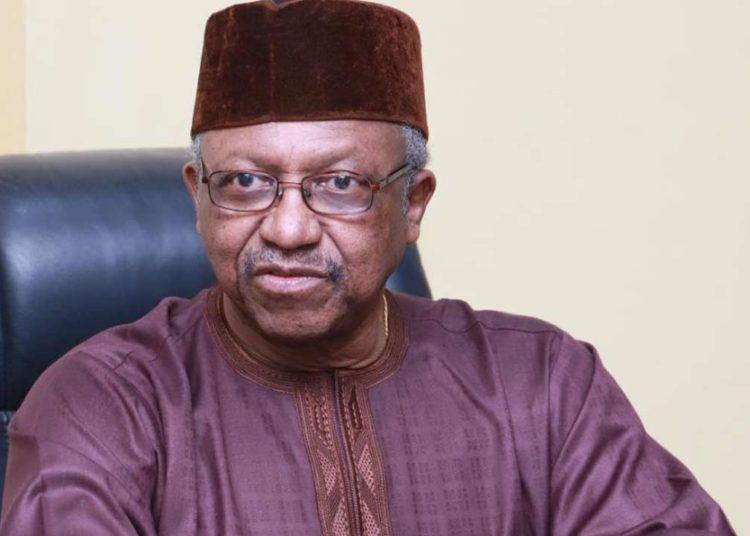Minister of state for health, Joseph Ekumankama, has charged hospitals under the Federal Ministry of Health on the full implementation of the provisions of the law governing the Medical Laboratory Science Council of Nigeria (MLSCN) while laboratories in state hospitals would follow.
He said with this, medical laboratories not registered with the MLSCN would be shut down.
The minister gave the charge when the MLSCN team, led by the registrar, Dr. Tosan Erhabor, visited him at the Ministry of Health headquarters in Abuja.
Ekumankama said he believes that in the “Act”, that governs the council are powers enabling the MLSCN to regulate laboratories in hospitals across the country, hence nothing should restrain or constrain it from doing that.
“Moving forward, all hospitals under the Federal Ministry of Health will be the first set of hospitals to implement the full provisions of the law. Which will be followed by laboratories in State hospitals,” he said.
On the validation of In Vitro Diagnostics (IVDs) before use in Nigeria, the minister informed that since there is a mandate backed by law, MLSCN has the support of the ministry to fully monitor, implement and enforce everything that has to do with the regulation of laboratory products.
He said, “In regards to non-registration by government agencies, that will be resolved by the Ministry. On the issue of External Quality Assurances (EQA), henceforth all laboratories must follow due process and ensure that they are registered with the MLSCN or risk being shut down as well.”
Ekumankama, however, admonished members of the council to apply caution in the course of carrying out their mandate, ensuring that they work under the purview of the law.
“Do not relent on your good work, push more, do more, do not relax, spend more time working, in order to give your best. Be rest assured that where you need us to come in to support you, we will,” he stated.
Earlier, Erhabor, who congratulated the minister on his appointment, said the MLSCN which is an agency of the Federal Ministry of Health, is mandated to regulate medical laboratory science profession in Nigeria.
Erhabor listed some challenges faced by the council to include: poor logistics, lack of utility vehicles, manpower, office space; political will from the federal government to make policy statement onexternal quality assurances (EQA), accreditation of government-owned medical laboratories, validation of IVDs before use in Nigeria and funding of regulation activities.
He solicited support for the council’s efforts to actualise its mandate of guaranteeing quality laboratory health care delivery to Nigerians.





